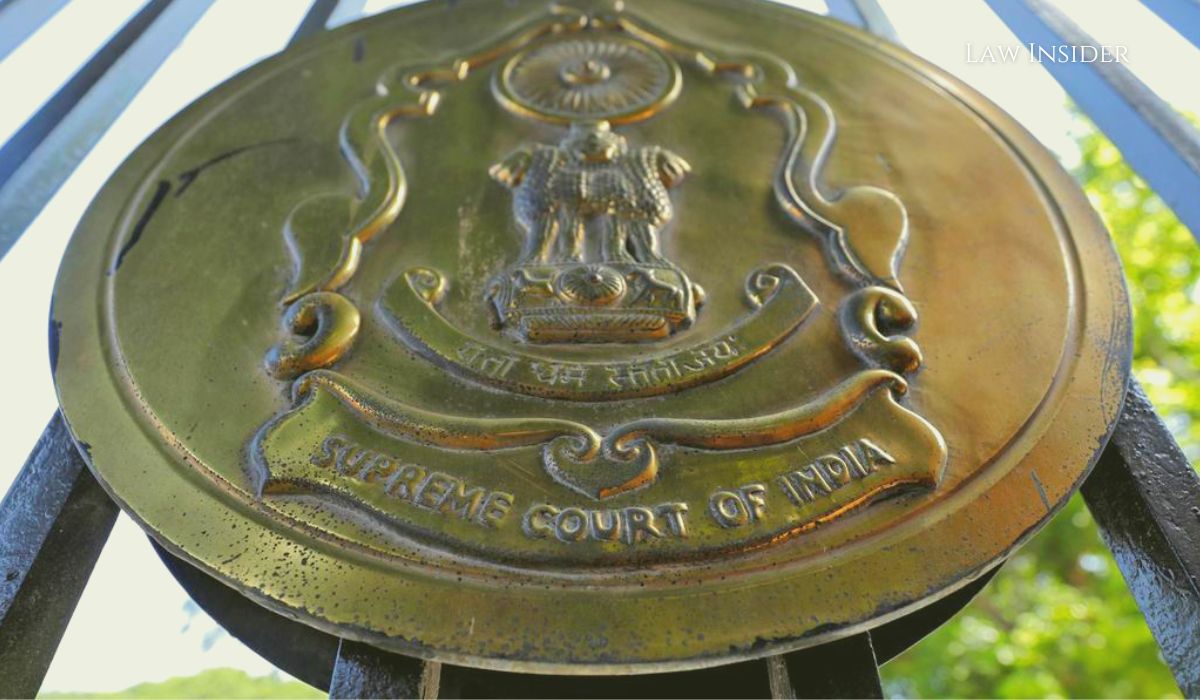Savvy Thakur
Published on: November 2, 2022 at 20:07 IST
In a petition challenging the Bihar State government’s decision to reserve the position of Deputy Chief Councillor in a Municipal Corporation, the Supreme Court of India issued notice on Tuesday.
After Senior Advocates Neeraj Kishan Kaul and Gopal Shankarnarayan, assisted by Advocate on Record Rahul Shyam Bhandari, made preliminary submissions, a Bench of Justices Surya Kant and JB Pardiwala issued notice.
The Bench then framed the inquiry as follows:
- Whether a Single Municipal Corporation could Reserve the Positions of Mayor and Deputy Mayor?
The SLP was filed in protest of the Patna High Court’s rejection of the government’s challenge.
However, the High Court deemed it “illegal” and “violative” because the State government and the State Election Commission did not follow the triple test when notifying the seats to OBC/EBC categories via two notifications.
According to the petition that was submitted in this regard, the State of Bihar amended Section 29 of the Bihar Municipal Act, 2007 on April 2, 2022, expanding the scope of reservation to include the position of “Deputy Chief Councillor.”
Prior to the amendment, the Mayor and Deputy Mayor were elected by vote of ward councilors, and the seat of “Deputy Mayor” was not a reserved position because she does not perform any independent function in accordance with Section 26 of the Bihar Municipal Act, 2007.
“…even otherwise providing election to the post of deputy chief councillor, which is merely a nominal post and exercises his functions only in the absence of the chief councillor meets no reasoning and requirement, rather it’s a sheer waste of public exchequer and time,” the plea states, “…even otherwise providing election to the post of deputy chief councillor.”
However, the mandate of Article 243-T, particularly Article 243-T(4), makes it abundantly clear that, in accordance with the provisions of the law, women and Schedule Castes are only eligible to hold the position of “chairperson” in municipalities.
According to the plea, Article 243-T does not specifically mention or reserve the position of “Deputy Chief Councillor.”
According to the petition, despite Section 26 of the Bihar Municipal Act of 2007, a Deputy Chief Councillor only exercises the powers and duties of a Chief Councillor when he is not performing his duties.
According to Section 26 of the Bihar Municipal Act of 2007, “it is clear that the Deputy Chief Councillor is merely a delegated post and has no constitutional backing.”
The plea claims that the High Court did not provide specific reasons for rejecting the petitioner’s argument prior to its decision.
“However, the High Court made a huge mistake by failing to take into consideration that the petitioners themselves had relied on this judgment to argue the point that, in accordance with Article 243-T of the Indian constitution, only the office of “chairperson/chief councillor” is reserved for municipalities and that this judgment has upheld its constitutional validity.”
“That “Deputy Chief Councillor” was the subject of the current case and “does not have the same authority, responsibility, or functions as Chief Councillor under Bihar Municipal Act 2007.”
In addition, the plea argues that the High Court failed to recognize that the State did not take into account any of the same “triple test” requirements prior to providing the reservation against the post of “Deputy Chief Councillor” when declaring the State Government’s action to reserve the OBC/EBC category for municipal elections as illegal.
The plea seeks to overturn the Patna High Court on these grounds.
The plea seeks to delay the 2022 Amendment’s reservation of the position of Deputy Chief Councillor until the final decision is made, as an interim prayer.

